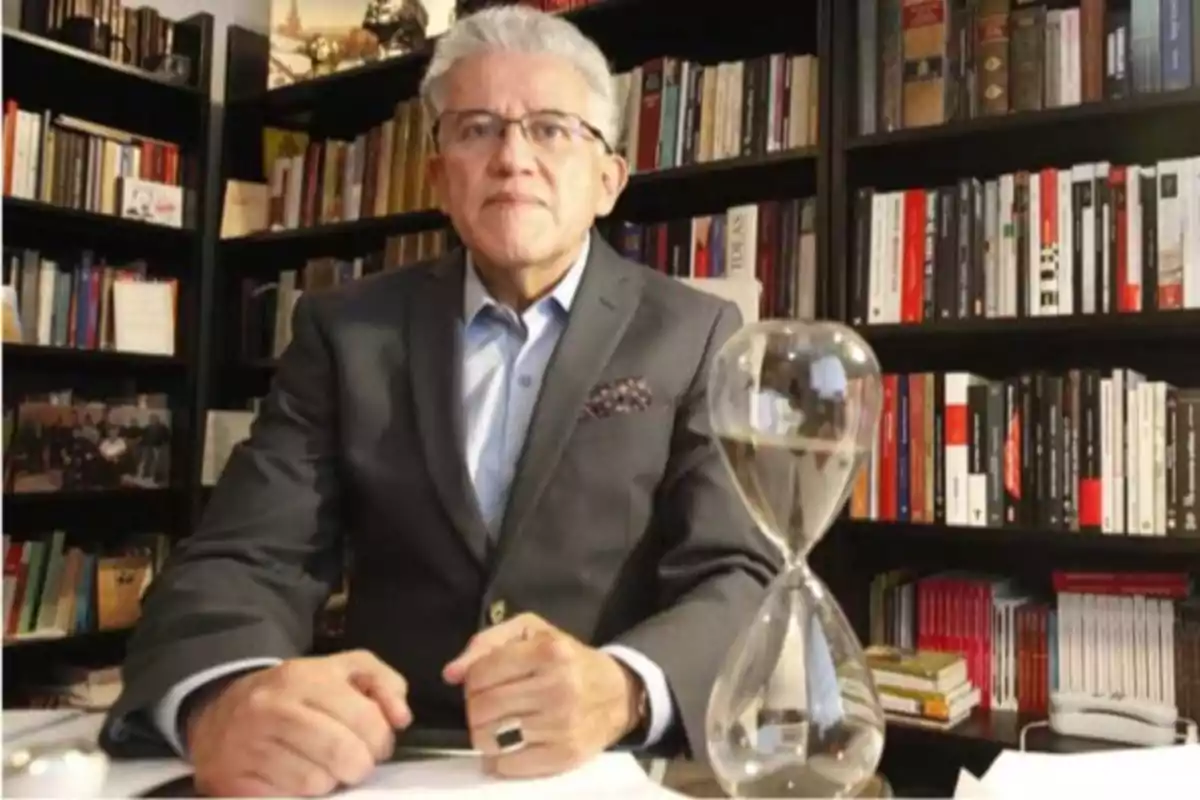
The prevention of corruption made the difference among the presidential candidates.
Daniel Noboa's proposals focused on technology and citizen participation
The fight against corruption became a central axis in the government plans of presidential candidates Daniel Noboa and Luisa González. Both included multiple proposals to eradicate this phenomenon, although with different approaches and levels of depth. While González presented an extensive list of fifteen actions, Noboa opted for a more concrete strategy focused on prevention and the use of technology.
According to Transparency International's Corruption Perception Index, Ecuador scored only 32 out of 100 in 2024, revealing weak institutionalism. This result reflected the fragility of the judicial system, the lack of institutional renewal, and scandals like Metástasis and Purga, which seriously compromised public trust. In this context, the demand for a real and effective system against impunity became urgent.
Luisa González proposed a broad package of measures that include legal reforms, control of political financing, and international cooperation. However, many of her ideas have already been implemented in previous governments without success, such as the anti-corruption secretariats of Correa, Moreno, and Lasso, which were dissolved or absorbed without tangible results. Her plan, although detailed, has been described by experts as declarative and lacking innovation.
In contrast, Daniel Noboa proposed strengthening the public procurement system through the use of big data and anonymous citizen reporting mechanisms. Additionally, he proposed improving governance in state-owned companies and promoting active participation of civil society and NGOs. For analysts like Luis Verdesoto, this preventive and cross-cutting approach could be more effective by addressing the problem from its structural roots.

A practical vision versus a repeated discourse
Germán Rodas, from the Anti-Corruption Commission, warned against repeating the mistake of relying on anti-corruption offices that only "sweep under the rug." He highlighted the importance of creating a national system with citizen participation, public ethics, and real control over institutions. In this line, Noboa's proposal shows greater alignment with expert recommendations, by avoiding symbolic measures and focusing on practical results.
Institutional instability was also an aggravating factor pointed out by Transparency International. Noboa addressed this weakness by proposing the professionalization of public management and permanent supervision in critical areas such as justice and contracting. Meanwhile, González repeated traditional formulas without questioning the entities inherited by the Citizen Revolution, such as the Citizen Participation Council.
"Corruption must be faced with comprehensive mechanisms and not with rhetoric," stated Verdesoto. "It's time to act efficiently, not with speeches," he concluded.
The comparison between both plans shows that, while both candidates recognize the problem, Daniel Noboa bets on practical and sustainable solutions, while González insists on models already worn out by her own political history.
More posts: